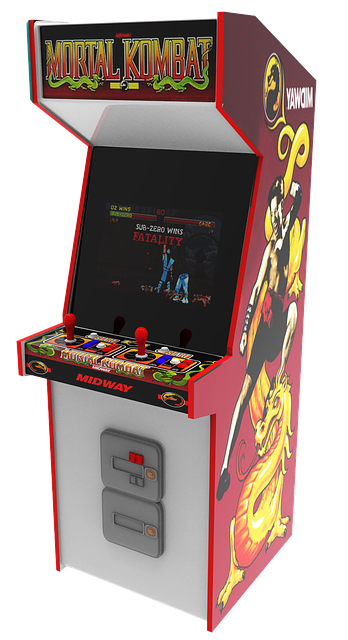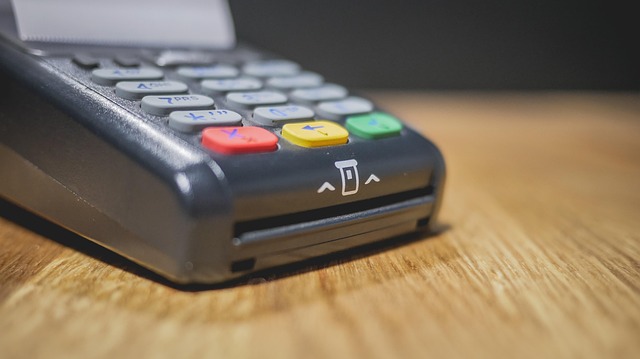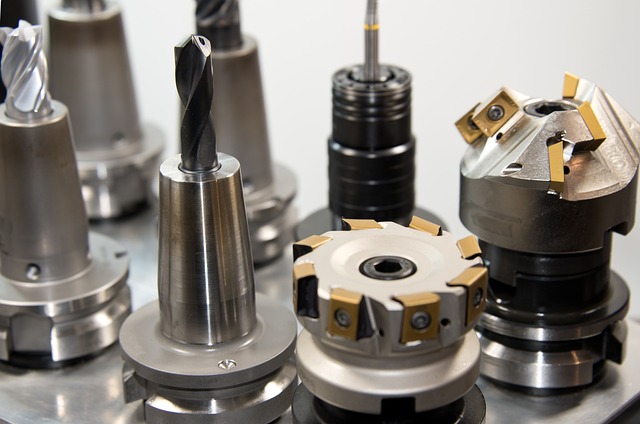Slot Machine technology relies on Random Number Generation (RNG) for fair play, randomizing symbol selection per spin. Debunking "cold" slots myth, as RNG algorithms ensure unpredictable outcomes, unaffected by local vs. progressive slots or wild paylines. Understanding Slot Machine dynamics, including gambler's fallacy and independent spins, is crucial for strategic gameplay and fair play expectations. Contact promotions for detailed insights into odds and maintenance.
Ever wondered why slot machines, after a winning streak, seem to suddenly “go cold”? It’s not magic; it’s all about probability and how slot machines use random number generation (RNG) to determine outcomes. This article delves into the core mechanisms of RNG, exploring the gap between theoretical and actual probability distributions. We’ll also uncover factors influencing slot machine outcomes, shedding light on why your luck may seem to change mid-spin.
- Random Number Generation: The Core Mechanism
- Theoretical vs Actual Probability Distribution
- Factors Influencing Slot Machine Outcomes
Random Number Generation: The Core Mechanism

The core mechanism behind every slot machine is Random Number Generation (RNG). This technology simulates the random selection of symbols that appear on the reels, creating an unpredictable and seemingly random outcome with each spin. RNG algorithms ensure that every possible combination has an equal chance of appearing, thus maintaining fair play. This system is designed to prevent any manipulation or predictability, making it virtually impossible for anyone to “cool down” a slot machine by knowing when a specific pattern will appear.
The concept of a “cold” slot machine is often tied to the idea that certain machines might have better odds after a series of losses. However, this belief stems from misconceptions about RNG technology. Local vs. progressive slots and wilds paylines can influence the perceived volatility, but they don’t affect the internal randomization process. Give us a call at promotions for more insights into how slot machine odds are determined and maintained at all times.
Theoretical vs Actual Probability Distribution

In the realm of slot machines, understanding the distinction between theoretical and actual probability distribution is key to demystifying why they seemingly “go cold” at unpredictable times. Theoretical probability models predict outcomes based on ideal conditions, assuming an endless supply of random numbers and perfect algorithms. However, real-world slot machines operate within a complex ecosystem influenced by various factors. These include the specific machine’s design—vintage themes or modern innovations in slot machine design can subtly alter outcome patterns—and the interplay between low-risk bets and high-risk gambles that determine the overall gameplay dynamics.
Randomness, though crucial to the core functionality of any slot machine, isn’t uniformly distributed. Over time, random fluctuations can lead to periods where certain combinations appear more frequently than expected based on theoretical models. This is often perceived as a “cold” phase, when wins seem scarce despite the odds remaining constant. Moreover, progressive slot machines, which pool jackpots over multiple games, introduce another layer of complexity, as their payouts are dependent on player contributions rather than predetermined paytables. Thus, understanding these nuances is essential for players to navigate the slot machine landscape, whether they prefer local versus progressive games.
Factors Influencing Slot Machine Outcomes

The outcomes of slot machines are influenced by a complex interplay of factors. One commonly discussed concept is the idea that slots “go cold” after a series of wins, leading players to believe they are due for a loss. However, this isn’t due to the machine itself becoming less random or “cold,” but rather psychological and mathematical factors. Players’ expectations can significantly impact their perception of fairness, often referred to as the gambler’s fallacy—the belief that past outcomes influence future results in random events.
Fair play is paramount in the world of real money slots free spins, ensuring every spin has an equal chance of yielding a prize. Jackpot odds in slot machine repair vary based on the game’s design and bet size. Despite common misconceptions, understanding slot machines reels reveals they operate independently for each spin, making it impossible for one player’s results to predict another’s. Recognizing these dynamics is crucial for players to adopt strategic approaches, while also appreciating the inherent randomness of these games.
Slot machines, governed by random number generation, don’t truly “go cold” in a physical sense. Instead, their perceived unpredictability is due to the theoretical probability distribution not aligning with actual outcomes over time. Factors like machine maintenance, software updates, and varying player inputs influence results. Understanding these dynamics is key to recognizing that slot machines remain a game of chance, where every spin is an independent event, defying any consistent pattern or “cold” period.
